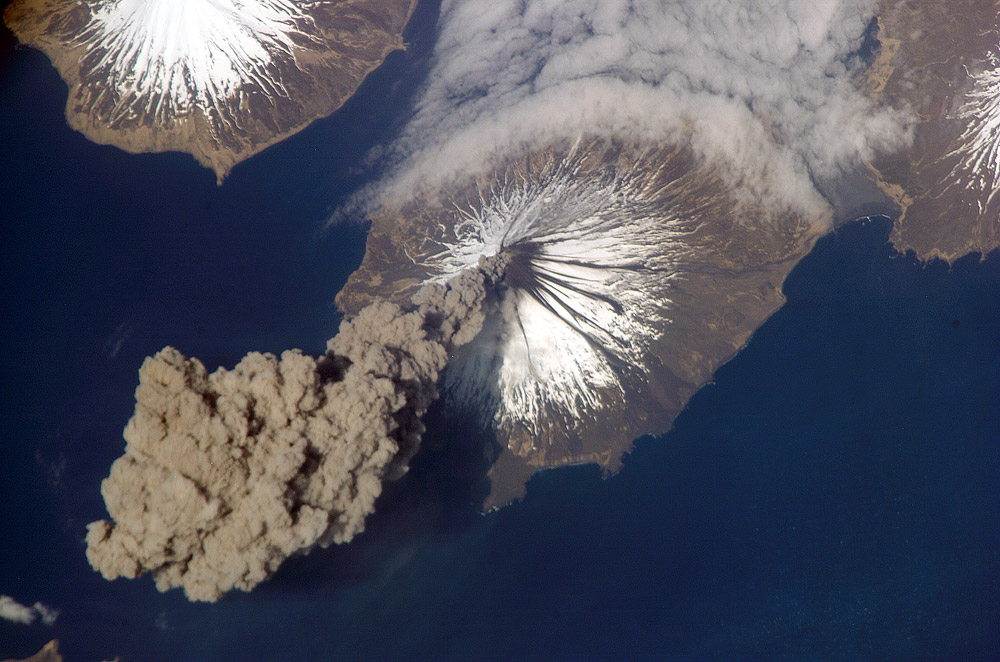Scientists raised the alert level for a remote Aleutian volcano on Monday after an explosion was detected.
The loud rumbling noise was heard by residents of a tiny village some 45 miles (72 km) away.

Cleveland Volcano was raised to orange from yellow by the Alaska Volcano Observatory.
The orange code, the second-highest on the scale, is issued when a volcano is “exhibiting heightened or escalating unrest with increased potential of eruption”. A red code is issued when an eruption is imminent or under way.
An explosion was detected on Cleveland by both infrasound and seismic data and heard by residents of Nikolski, a settlement of less than 50 people on Umnak Island about 45 miles (72 km) to the east.
Scientists said that cloudy weather obscured Cleveland’s peak in satellite images but that no evidence of an eruption cloud had been detected.
The volcano, named after U.S. President Grover Cleveland, is one of the most active of Alaska’s scores of volcanoes and its ash cloud could pose a threat to aircraft when it erupts.
The active volcano forms the western portion of Chuginadak Island. This island is part of Alaska’s Aleutian archipelago, a geologically active chain of volcanic islands that is part of the Pacific Ring of Fire and is very prone to earthquakes.












